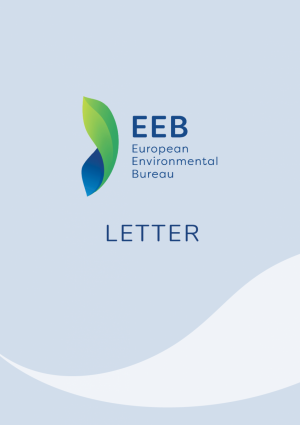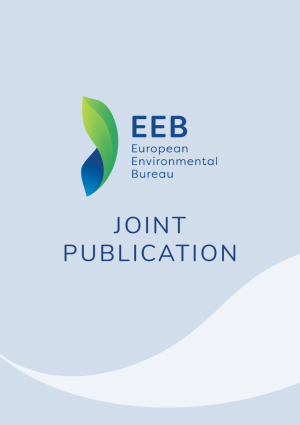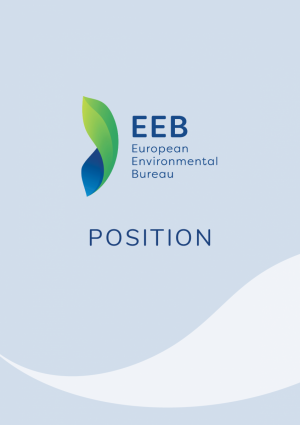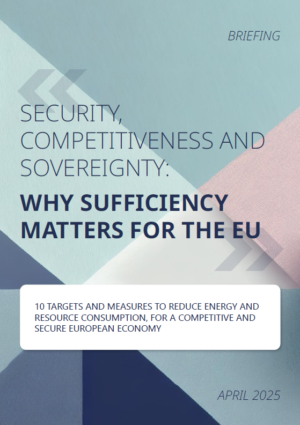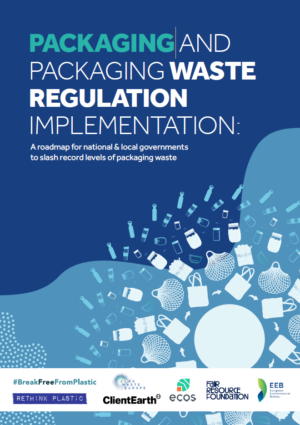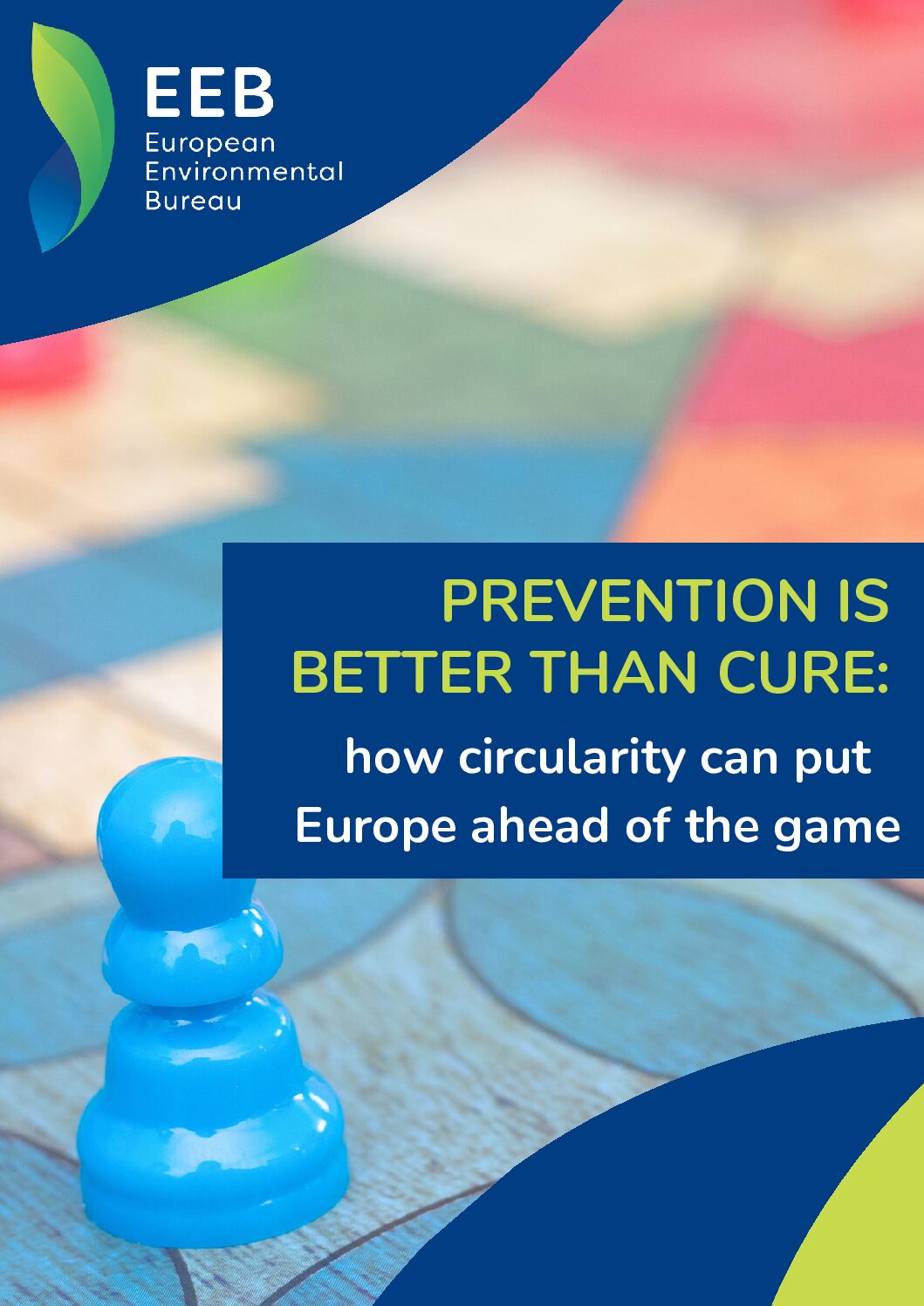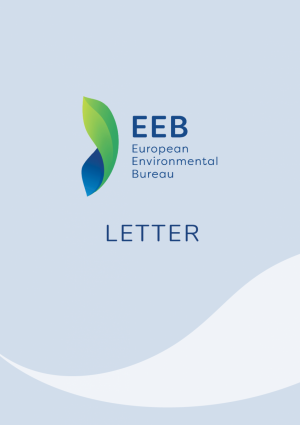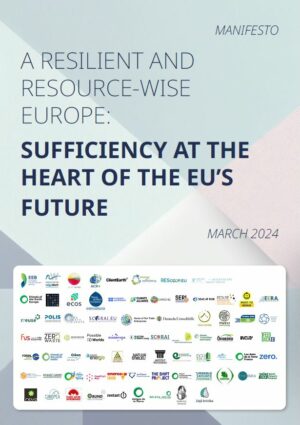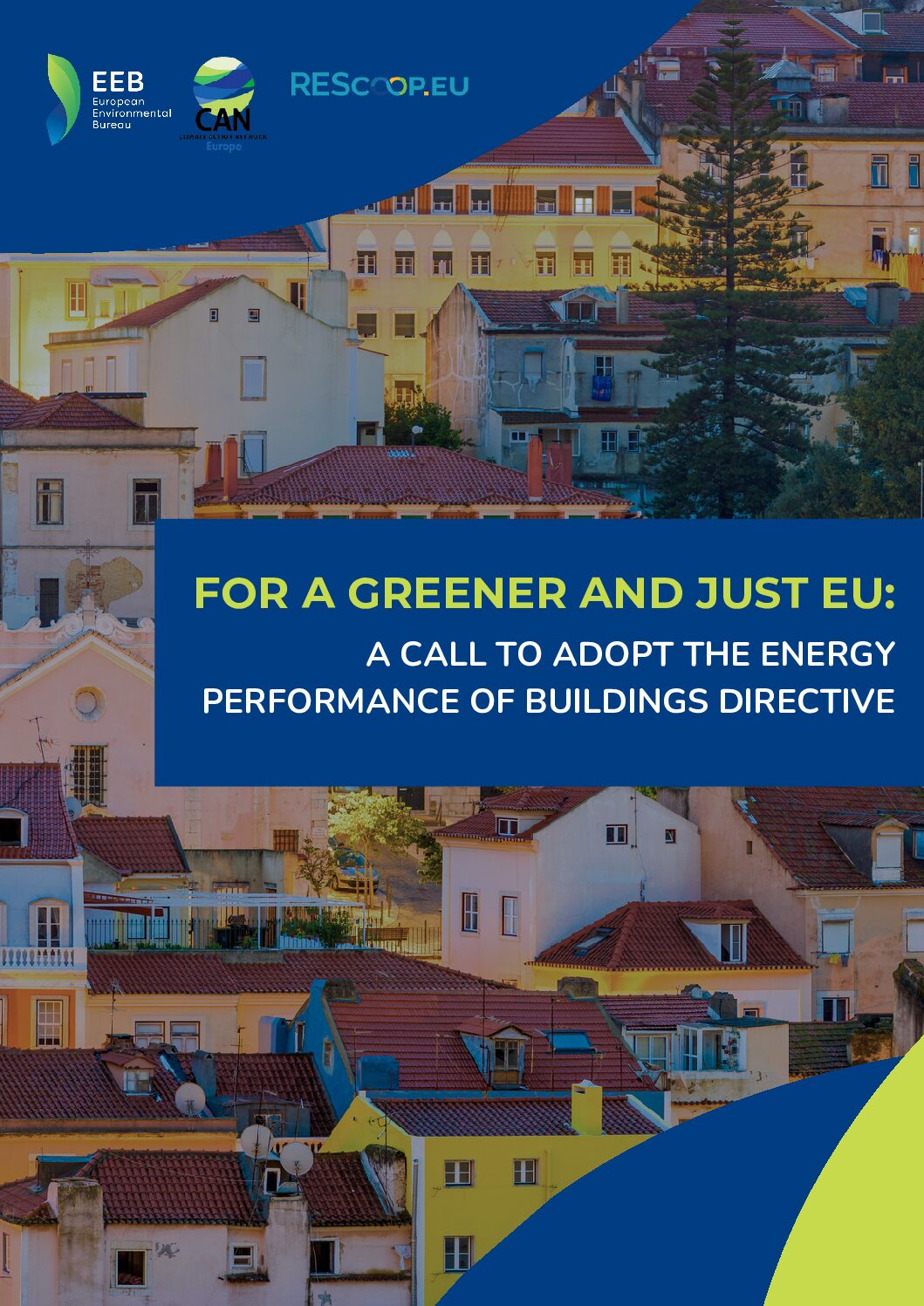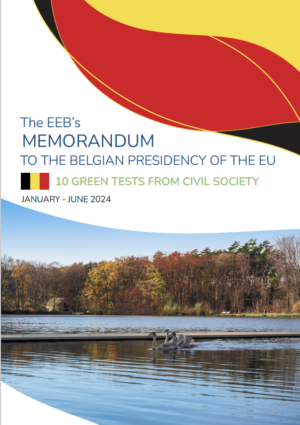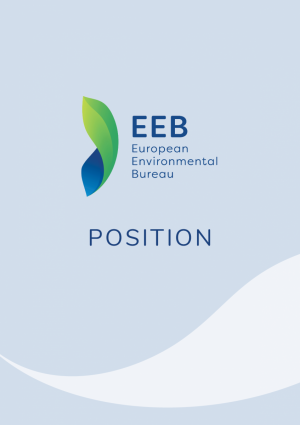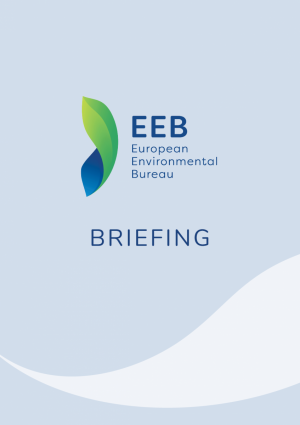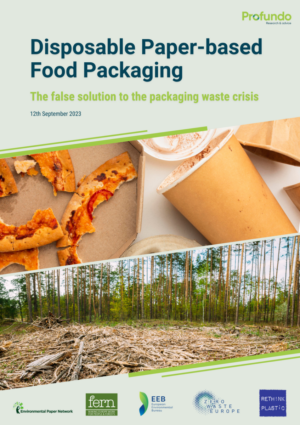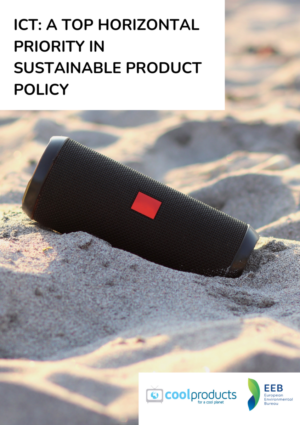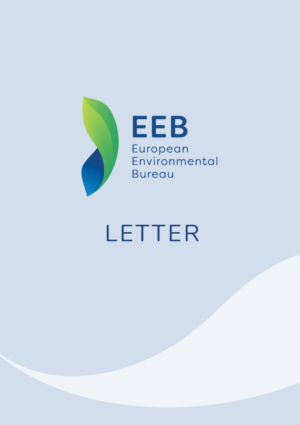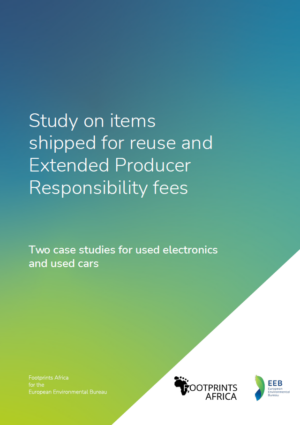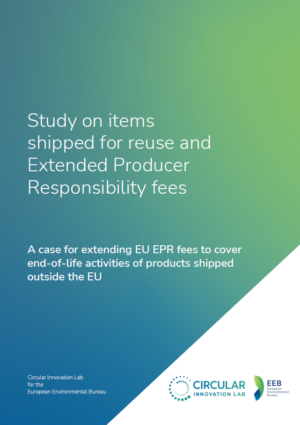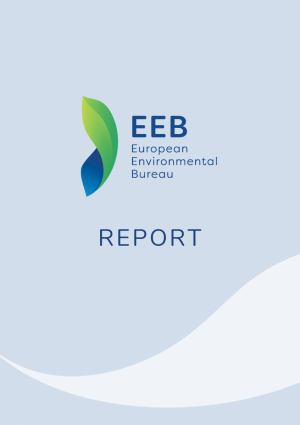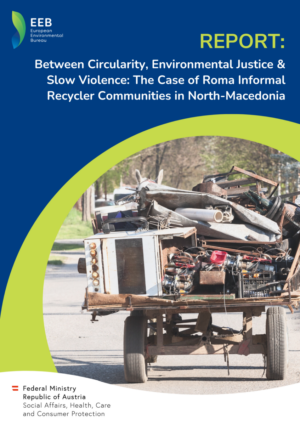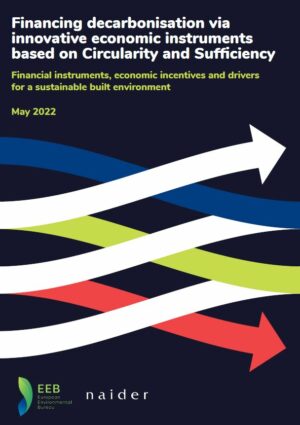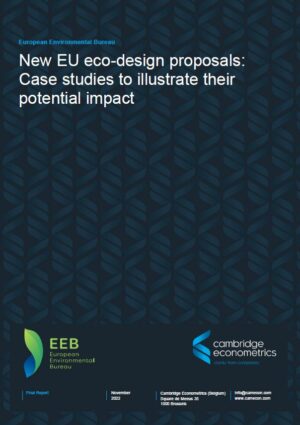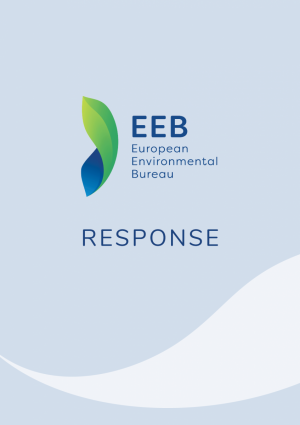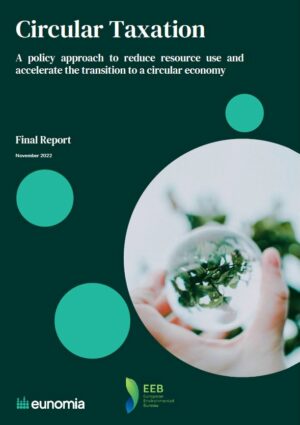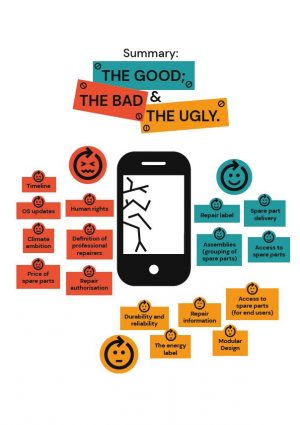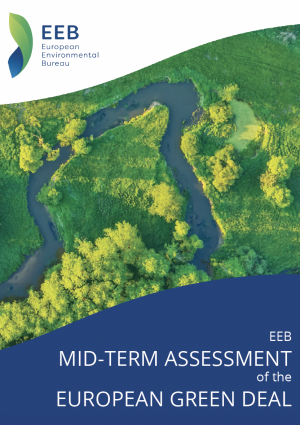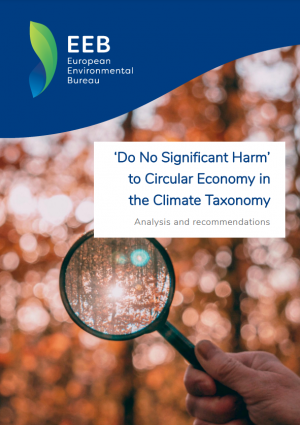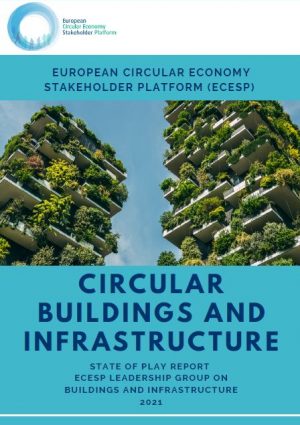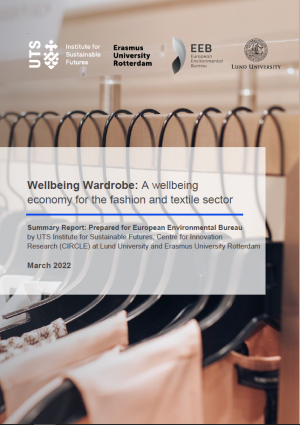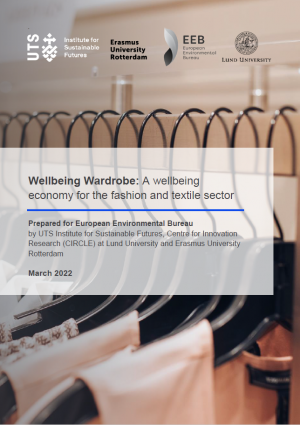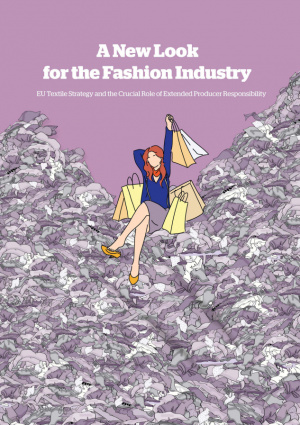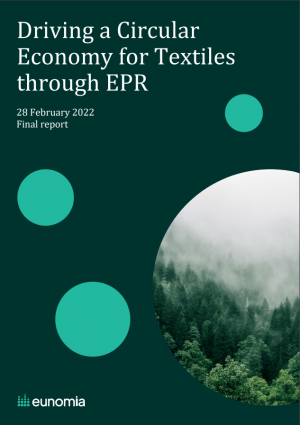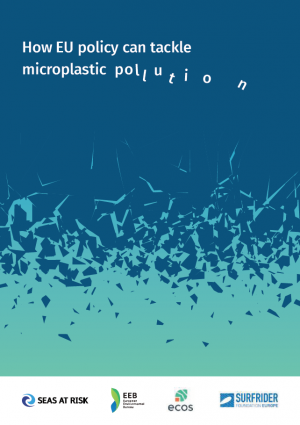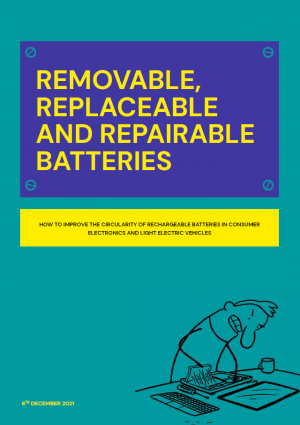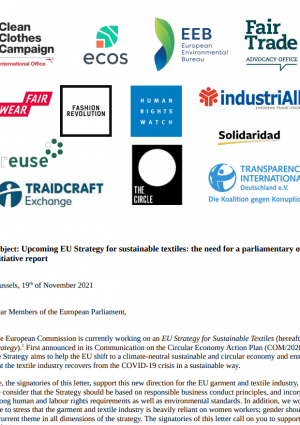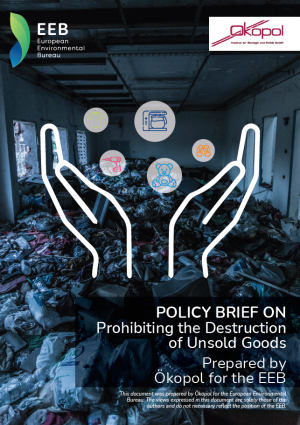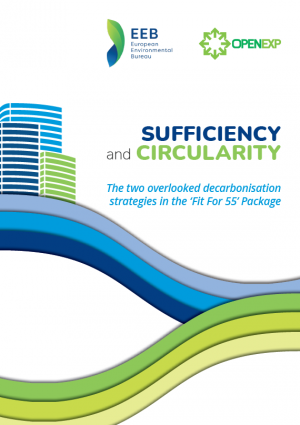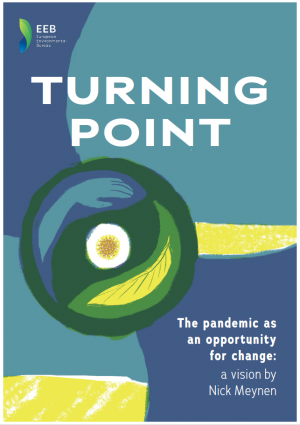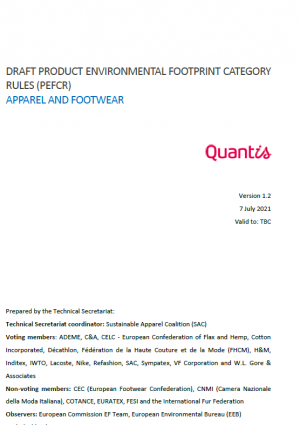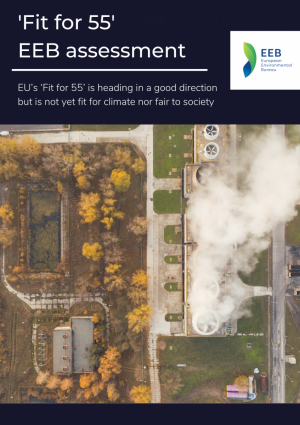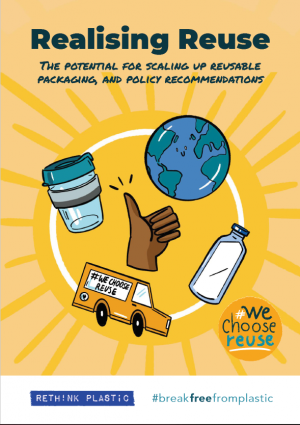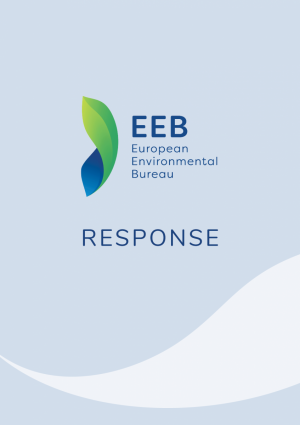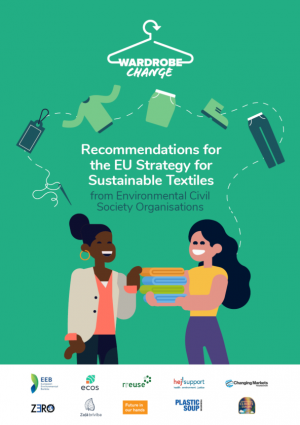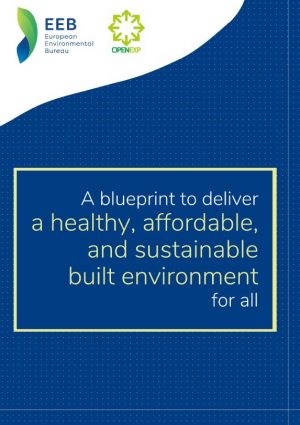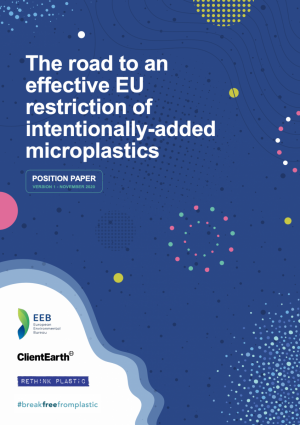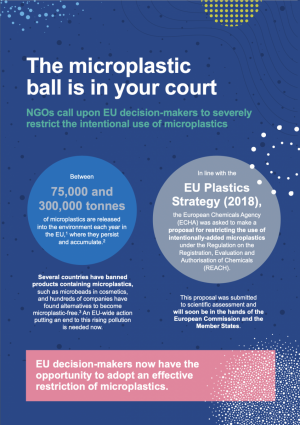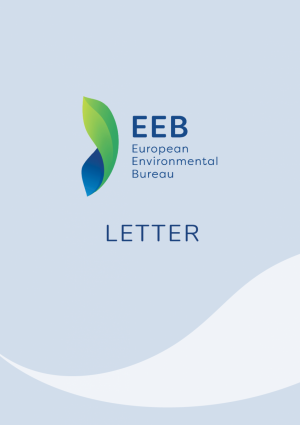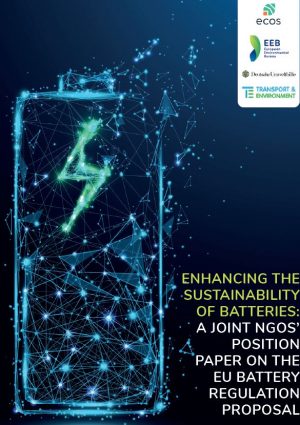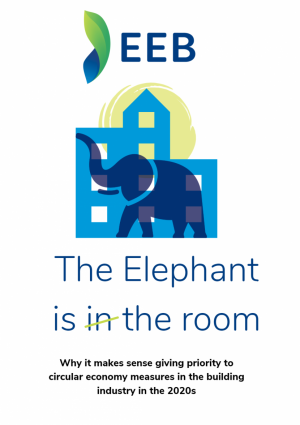Waste Prevention
From plastic to electronic scrap, waste is on the rise. This raises several environmental and societal concerns requiring EU governments to move beyond our throwaway society.

Only 47% of EU household waste was recycled or composted in 2020, while the rest was incinerated or buried (Eurostat 2022)
Europe is not prepared to deal with the increasing amounts of waste properly. Too much waste still ends up in toxic incinerators and dumpsites. Countries like China have stopped taking in the scrap, and the spread of hazardous substances contained in discarded goods present significant risk for human health.
There is only one way out of this: we must avoid waste.
Introducing Europe’s new waste laws
EU governments and institutions agreed on a comprehensive strategy to prevent household waste and boost recycling.
All countries are required to:
- Recycle 55% of household waste by 2025, 60% by 2030 and 65% by 2035
- Recycle 70% of all packaging – including plastic, paper, aluminum and other materials
- Implement a 10% cap on landfill by 2035
- Implement stricter and more consistent methods to calculate progress made towards recycling
Timeline for the implementation of the EU waste laws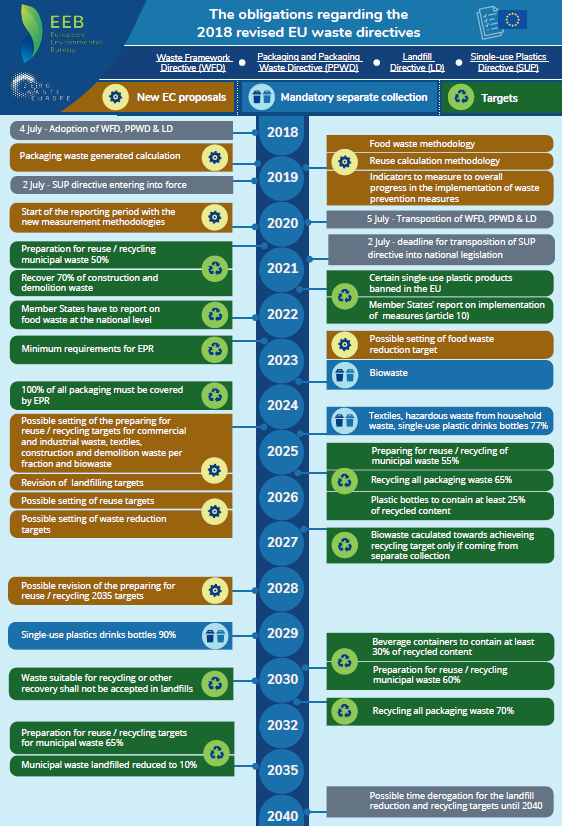
All countries must put in place new measures to help them achieve these targets. These include mandatory separate collection of household waste – paper, plastic, glass, metals, textiles, hazardous waste and organic waste – as well as schemes to make producers pay for the collection and recycling of their products and a ban on the incineration and burying of waste collected for recycling or composting.
The EU also recommends the introduction of non-binding measures and economic incentives to boost waste prevention (Annex IVa). These include landfill and incineration taxes as well as schemes to boost packaging reuse and to ensure consumers are refunded a small fee once they return a container for recycling.
The targets and measures mentioned here, alongside several other requirements, are part of four major EU directives: the Waste Framework Directive, the Packaging and Packaging Waste Directive, the Landfill Directive and the Single-Use Plastics Directive.
If you want to learn more, check out our timeline for the implementation of the new EU waste management and prevention laws and our 10 policy priorities to reduce waste.
Rethinking Plastic
In Europe, people have stood up to counter plastic pollution.
Plastic has become the symbol of our throw-away society and has been linked to several major problems including marine litter and the collapse of entire ecosystems.
The EEB, along with other members of the Rethink Plastic Alliance, is at the forefront of the fight against plastic pollution.
could be created by increasing recycling
of waste is recycled in the EU

